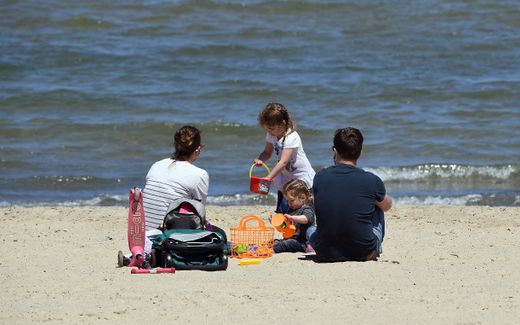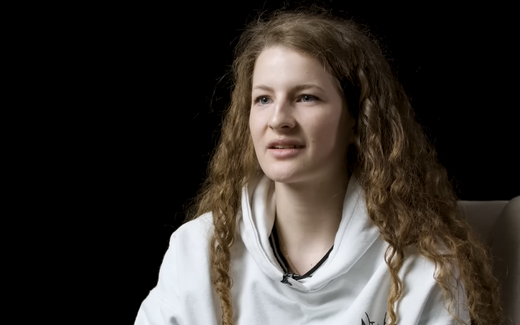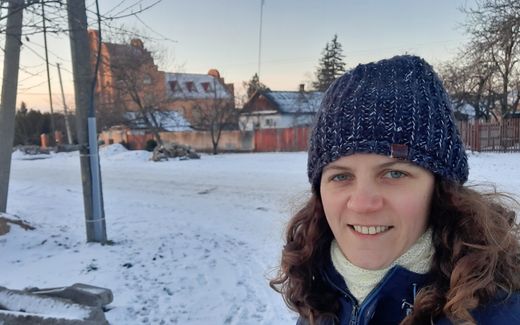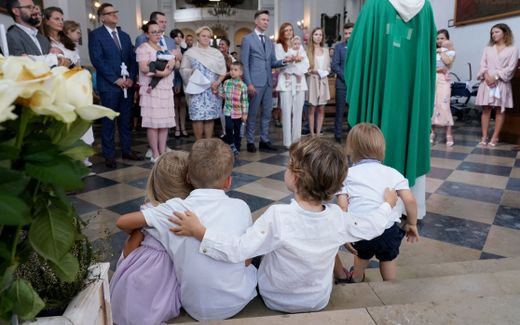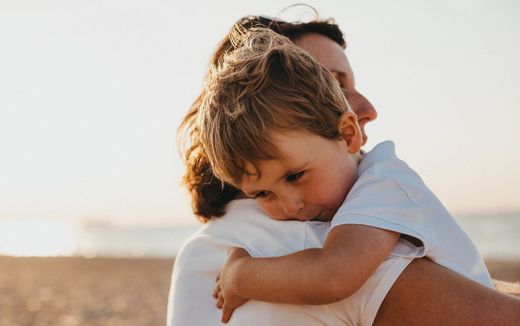New Norwegian foster parents obliged to learn about gender and sexuality
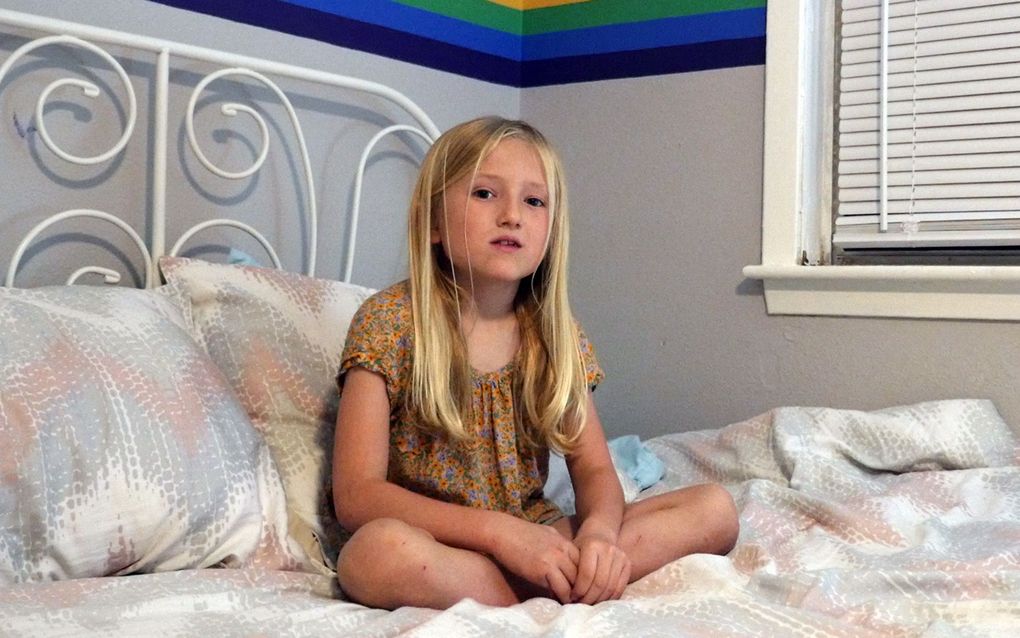
Girl sitting on her bed with a rainbow flag in the background. Potential foster parents in Norway learn how to deal with gender questions their foster children may have. Image not related to article. Photo AFP, Francois Picard
Northern Europe
Norwegians who want to open their house for foster children must follow a class about gender and sexuality. It will be included in the mandatory training for foster parents.
Try not to assume you know the sexual orientation of the child. That is one of the pieces of advice given to the foster parents, Dagen writes. The statement is part of the new training program Solid, which was introduced last March. The new program includes the subject of gender and sexuality.
According to the Norwegian Agency for Children, Youth and Families (Bufetat), there is a large demand for expertise on LGBT issues. Also, research shows that LGBT people are overrepresented in foster homes. According to Margrethe W. Berglyd, who led the development of Solid, the program should prepare foster parents for the challenges they may face.
Conversation
One of the suggestions for potential foster parents is to ask the children open questions. One example Dagen mentions is not to ask a foster son whether he wants to ask a girl out for prom. "Try not to assume you know the person's sexual orientation, but use the conversation to show they can like more genders", one of the presentations states. Also, the training encourages parents to "help children find out who they are in a safe way."
The training is not meant to force parents to change their view on marriage or sexuality, Bufetat specialist Elin Margrethe Olsen says. "We do not look at parents' faith and religious affiliation, but at whether they have the resources to embrace the child, regardless of who they are", she told NRK earlier.
Faith
However, parents who are suspected of "having an extreme political view" could expect some critical questions about this during their assessment, she adds. "You don't have to accept everything to give help, but foster parents must help the child to navigate and provide support, no matter what they land on. You can't let your faith 'kick in' and say that "I can't help you with this because I don't believe in this."
Ida Erstad, divisional director of the Norwegian Directorate for Children, Youth and Families (Bufdir), says that foster parents may have a classic view on marriage. However, she finds it important that they "put their own needs aside to understand the child's needs."
Related Articles


